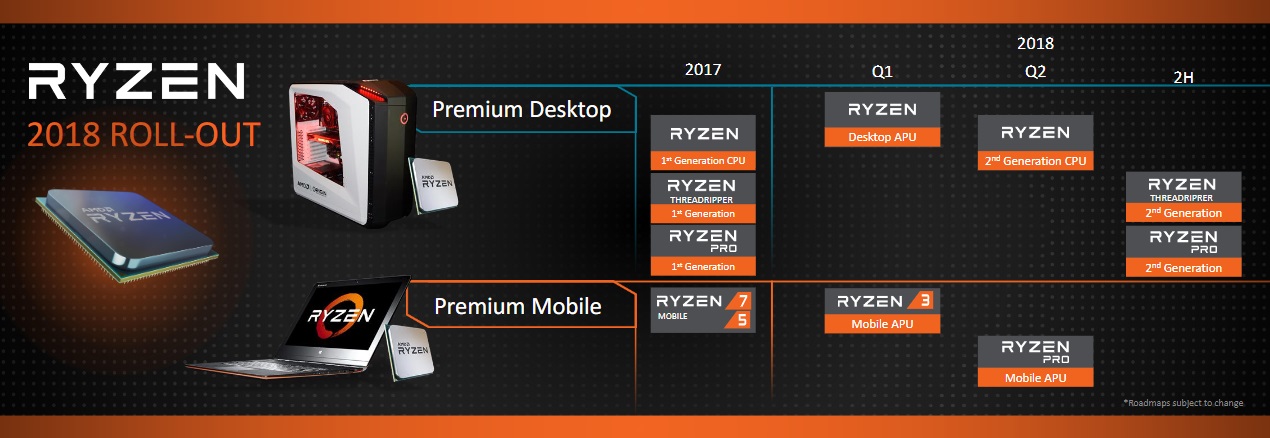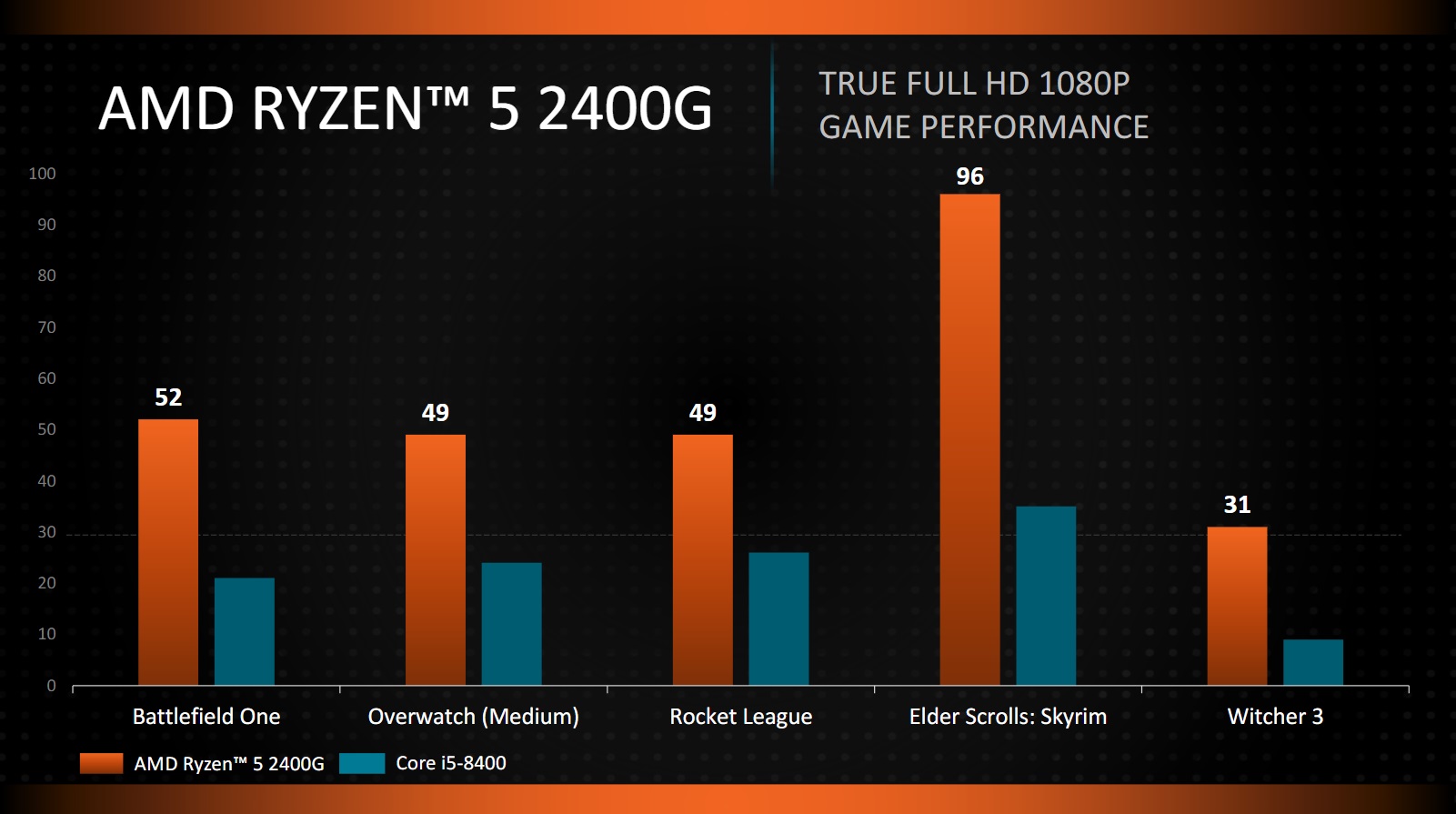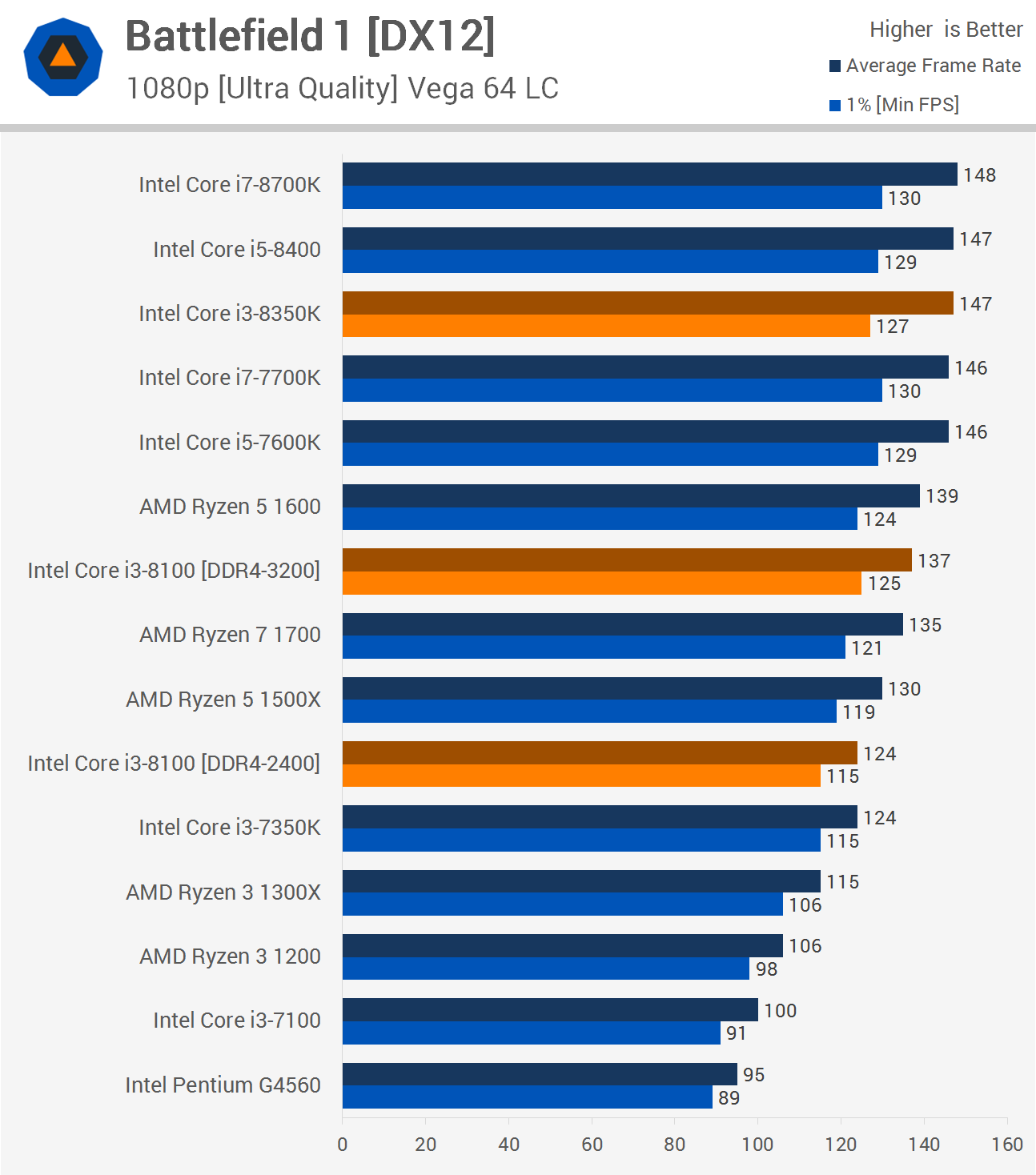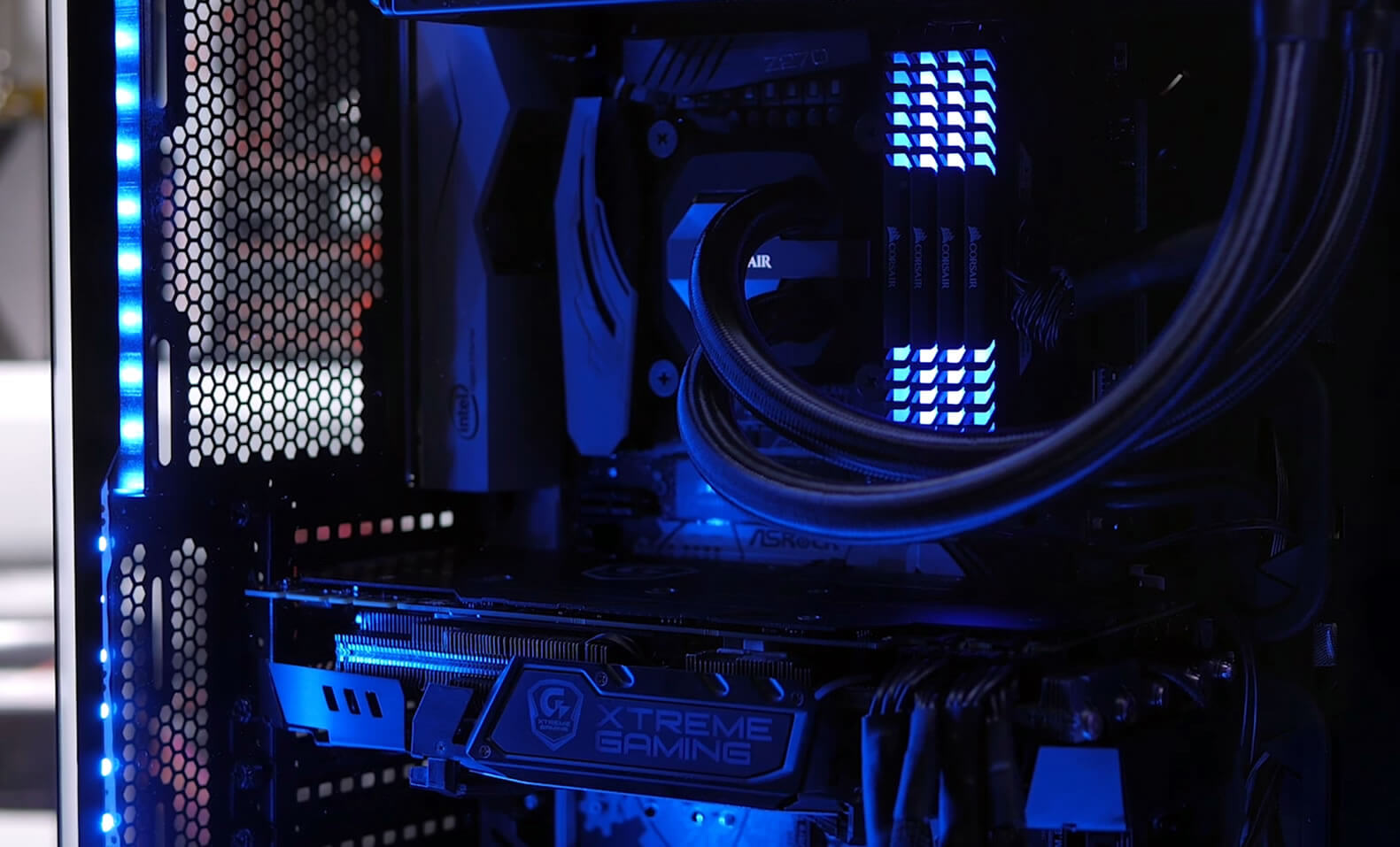In the first part of this series we looked at DDR4 memory, discussed pricing and availability, and speculated as to when would-be builders can expect prices to fall. Then in part two we did a similar thing, but there the focus was on graphics cards. Those were the two big ones for sure, memory and graphics cards.
For the final installment of our series, we're looking at the whole picture. We're not just talking about other components but the product cycle and timing for building a new gaming PC in early 2018.
Solid state storage pricing crept up a little bit late last year, but nothing really worth talking about. As it stands right now, a quality 1TB SSD such as the Crucial MX500 will set you back just 25c per gigabyte and that's about as low as I've seen them get. So I'm not going to bang on about SSD prices as they aren't increasing the barrier of entry for gamers.

Image: glob3trotters
So, if not storage, what other hurdles might gamers face at the moment?
It's my opinion that even if graphics cards and memory were retailing at the manufacturer's suggested retail prices, it's still not a great time to build or upgrade your PC as we happen to be at the end of a few product cycles...
Within three months AMD is set to release their second generation Ryzen CPUs. We're not expecting huge improvements but are hoping for at least a 10% performance jump and an increase in performance per watt.
We also know that AMD 400-series motherboards are set for release. We don't precisely know what will be on offer there, but it does mean buying a Ryzen CPU and 300-series motherboard right now is only justified if you can't possibly wait a few more months.

For budget builders, it's quite possible that once 2nd-gen Ryzen arrives existing CPUs and motherboards might go on sale. We also expect the arrival of 'Raven Ridge' desktop APUs which should be very exciting and worth waiting for. The Ryzen 5 2400G will possibly eliminate the need for entry-level discrete graphics cards with its Vega 11 integrated GPU.

On the other side of the fence we have Intel and the Coffee Lake series which is not fully out there. As it stands 8th gen Core processors can only be paired with Z370 motherboards which start at $110. We know motherboard makers are preparing to launch B360, H310 and H370 motherboards very soon, and these will be far better value options for budget shoppers. In particular to be coupled with the amazing Core i3-8100.
High-end Intel shoppers might also want to hold fire on that Core i7-8700K purchase as updated Z390 motherboard will also be arriving shortly. Rumor has it these boards will be required to support upcoming 8-core/16-thread Coffee Lake CPUs.

Moving on from CPUs and motherboards, we're also expecting new graphics cards soon, at least from Nvidia while AMD is set to act later in the year. The GeForce 10 series was released back in May 2016, so it wouldn't surprise me if we see the next generation series take to shelves around May 2018, but that's purely speculation on my behalf. We do know Nvidia is preparing to launch a new graphics series soon and this is a contributing factor to why they won't try and increase Pascal production.
In other words, in the next 3 to 4 months you could have your choice of new CPUs, motherboards, and graphics cards. If you're desperate for an upgrade right now and can't wait, well then go for it, it's just not ideal.
As a side note, there is something else that could threaten PC component prices this year and that is a shortage of copper foil, which could lead to a PCB shortage. The price of copper saw a 25% increase in 2017, and while there's still plenty of copper about, there's a looming shortage in copper foil production capacity.
Eating up a good chunk of copper foil production are lithium batteries used by electric vehicles. Current reports state that demand is continuing to increase while global output isn't. Compounding this potential issue is China's plan to ban the import of electronic waste, a significant source of recycled copper. No doubt other countries will eventually pick up the slack, but in the meantime this could leave to a decrease in copper supply.
Given the pace of product releases, in the world of tech you can almost always say it's better to wait than to buy now, but at some point you have to pull the trigger and get on with it. Right now though we're just very deep into product cycles.
To recap, there's no telling when graphics card pricing and availability will balance out. DDR4 probably won't settle down until DDR5 takes over. And now there's the possibility that everything could become a little more expensive in 2018... 2017 we take it back, you weren't all that bad.
Or, potential issues may not become an issue at all and in a few months' time you might see us writing a new series called "Why Building a Gaming PC Right Now is a Great Idea." Fingers crossed, people!
Recommended read: The 10 Best Things About Building a New Gaming PC
TechSpot Series:
Why Building a Gaming PC Right Now Is a Bad Idea
2017 was an exciting year for PC hardware but it wasn't all roses. The warning signs we saw are painting more difficult in 2018. In this 3-part series we discuss why building a new gaming PC is not a great idea at the moment, or at the very least, it's going to come at great expense.
